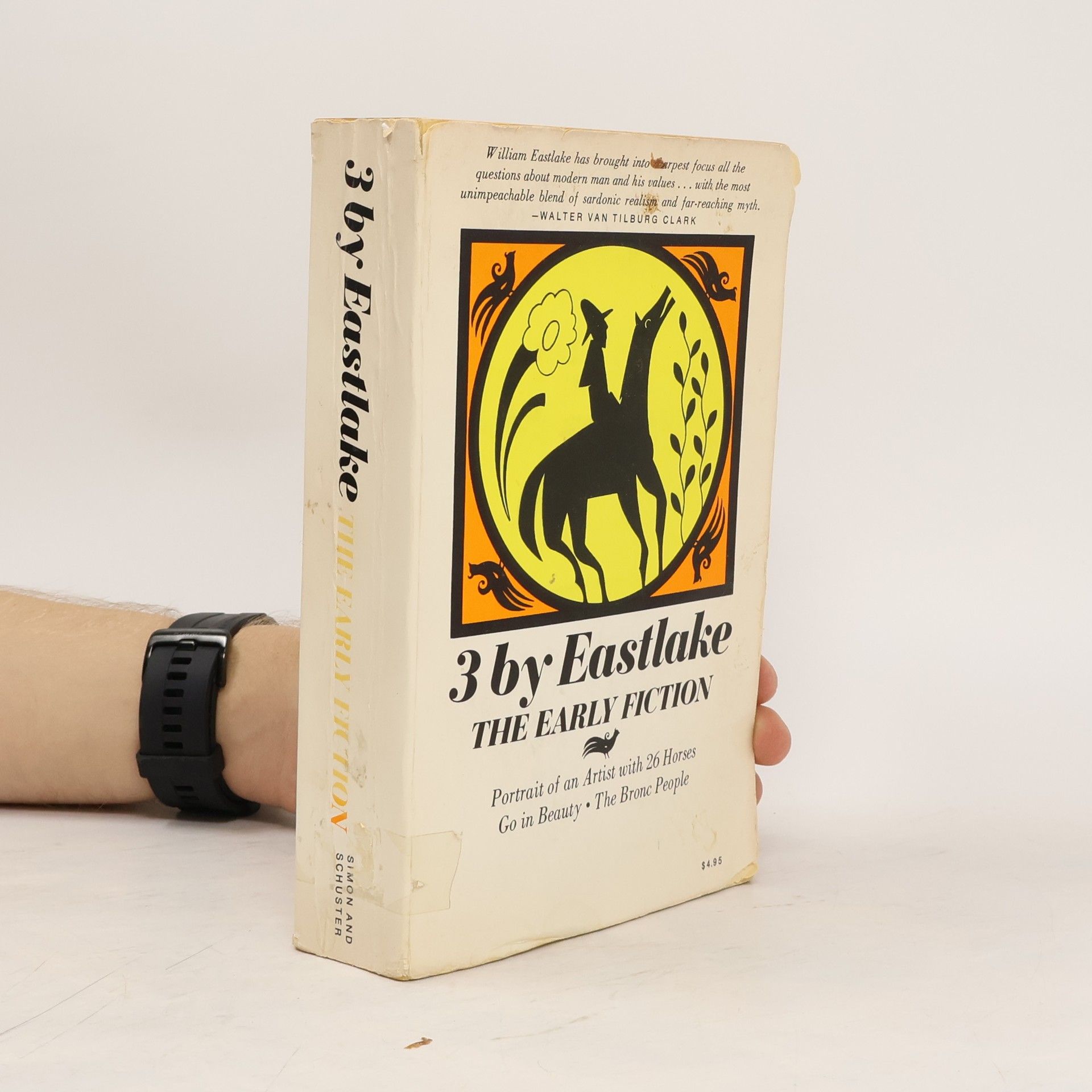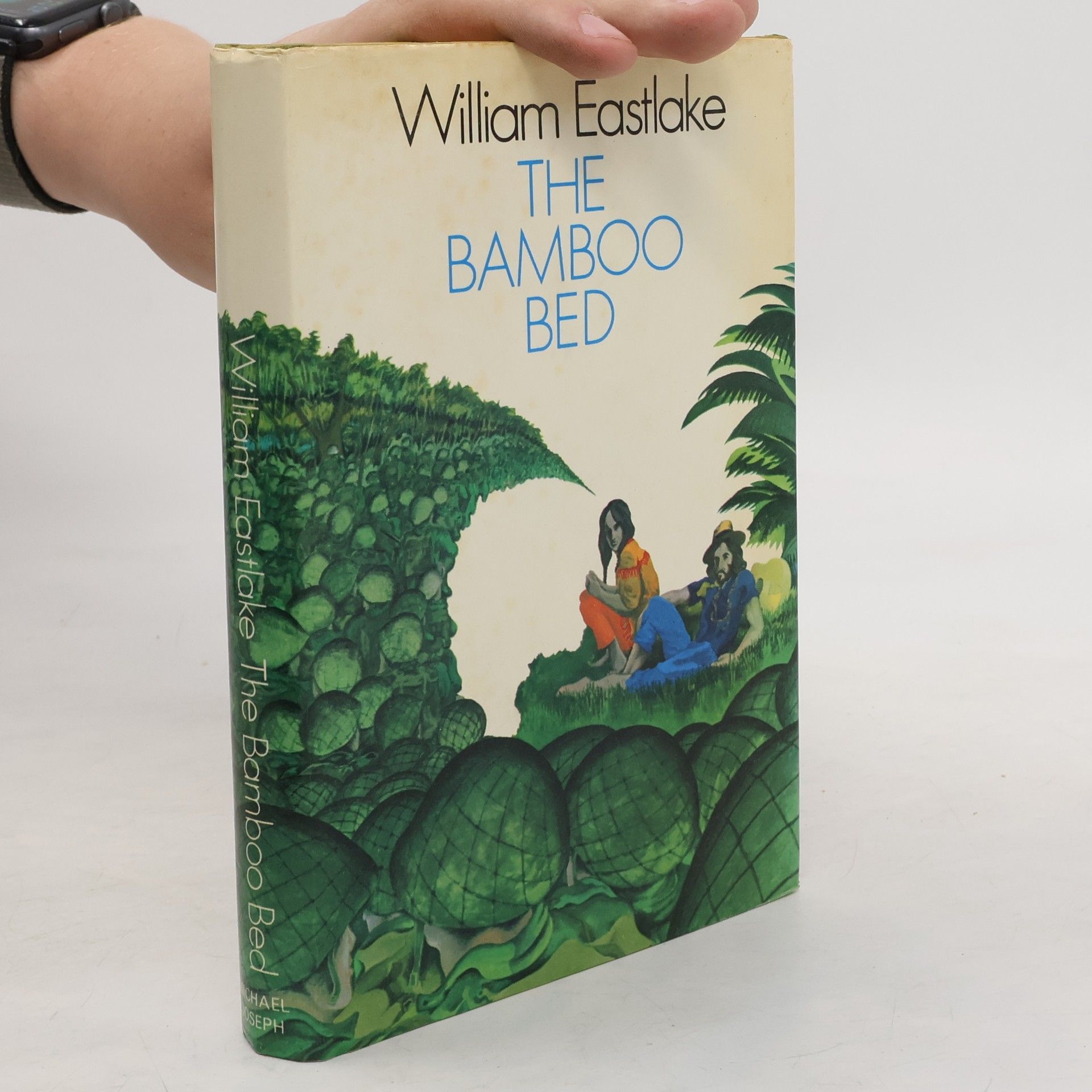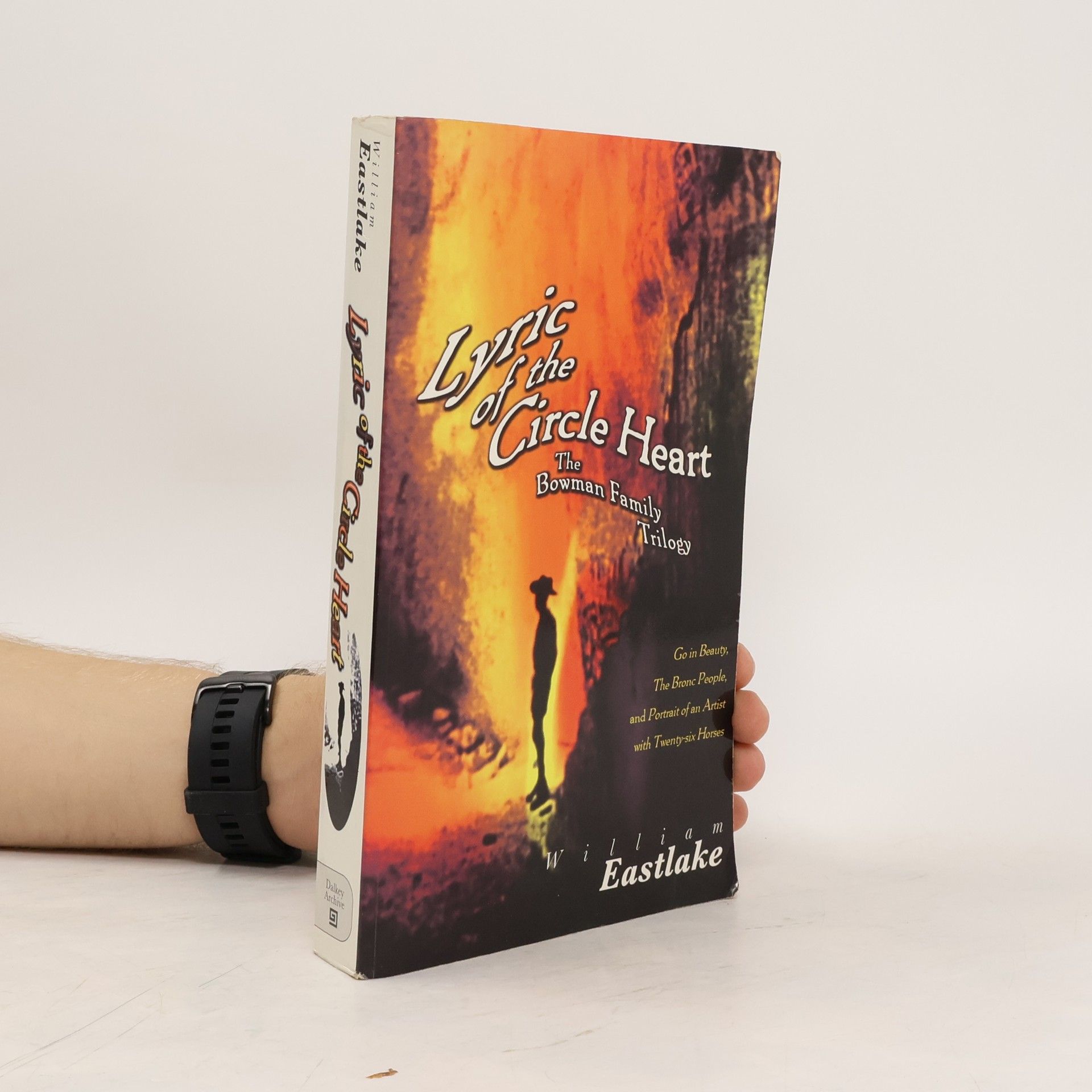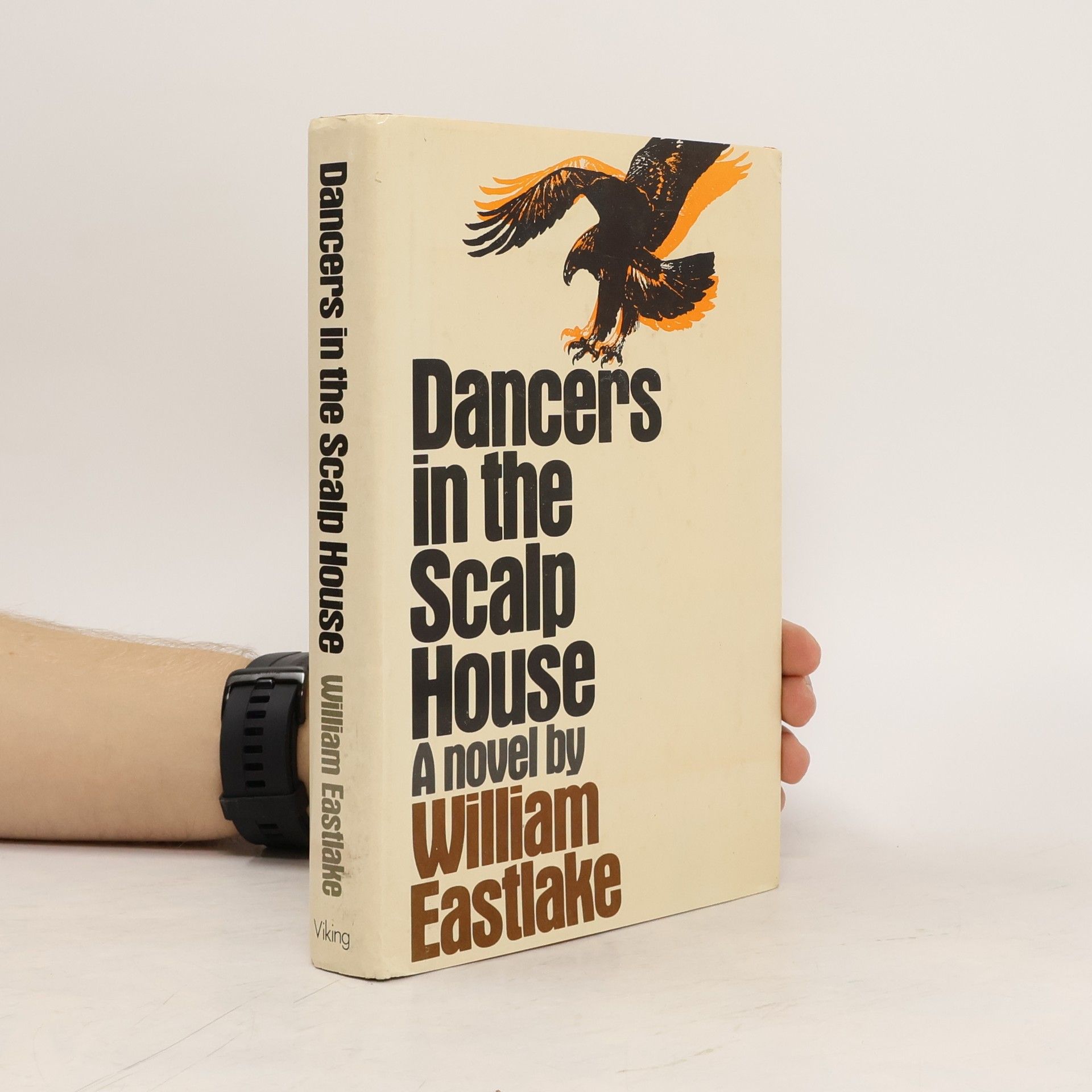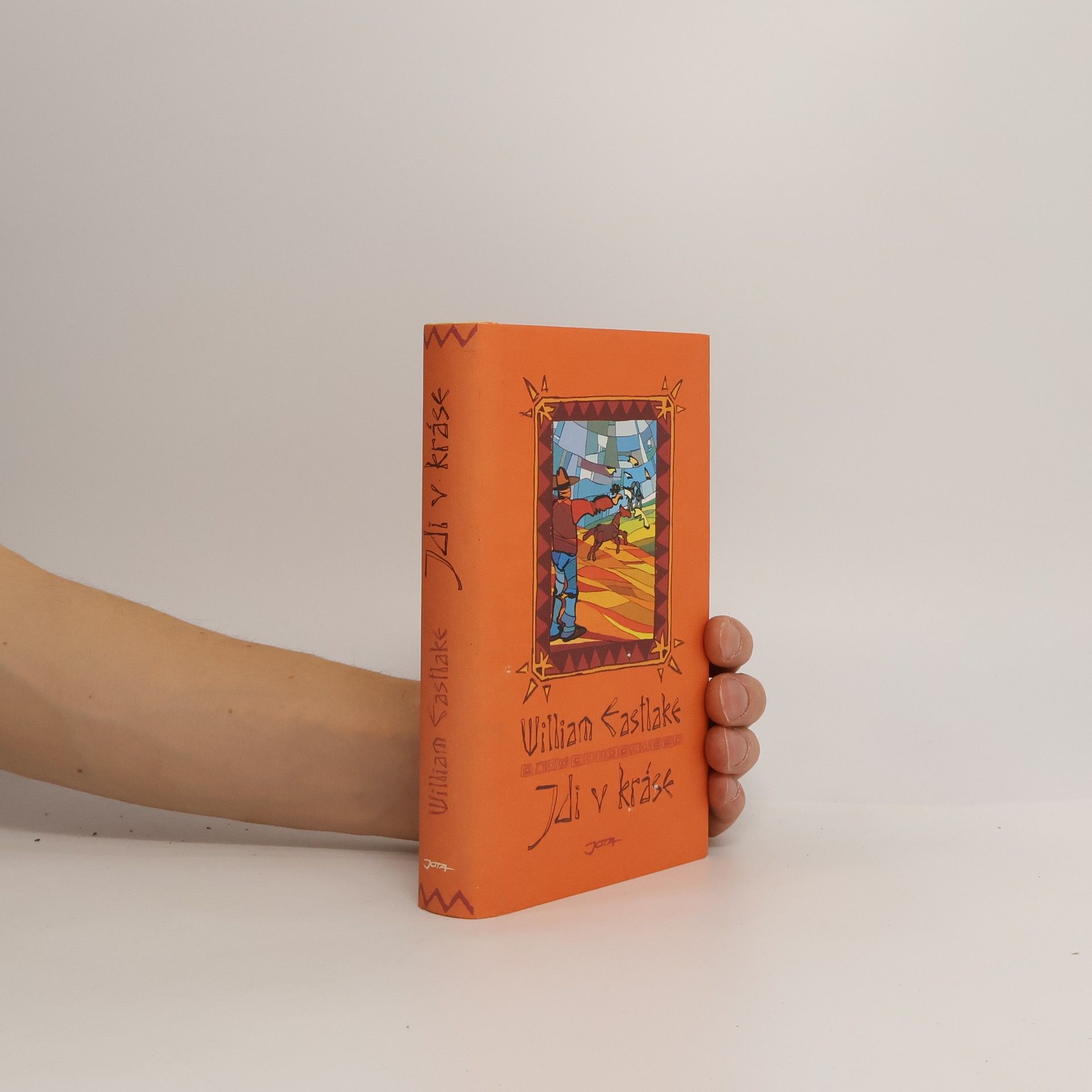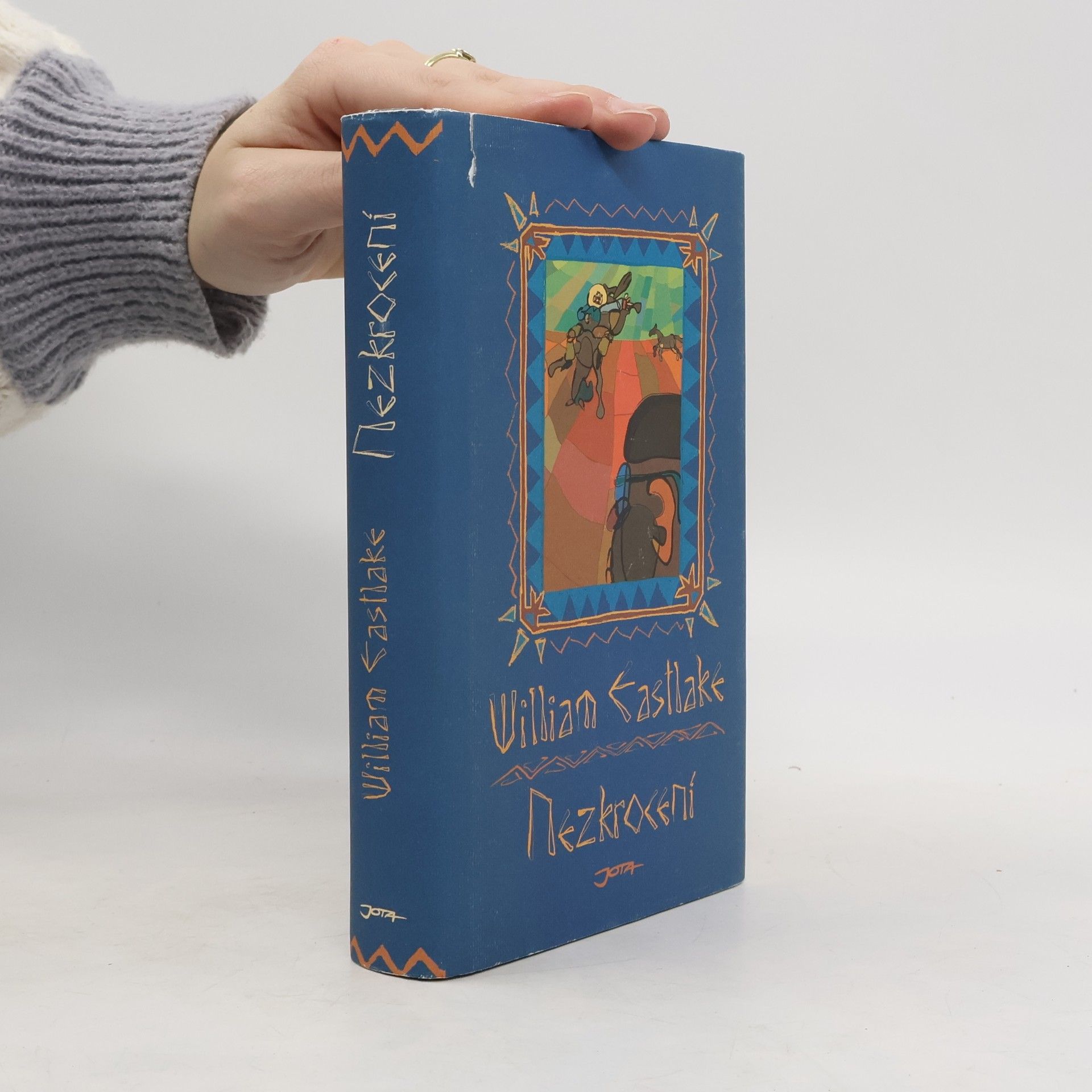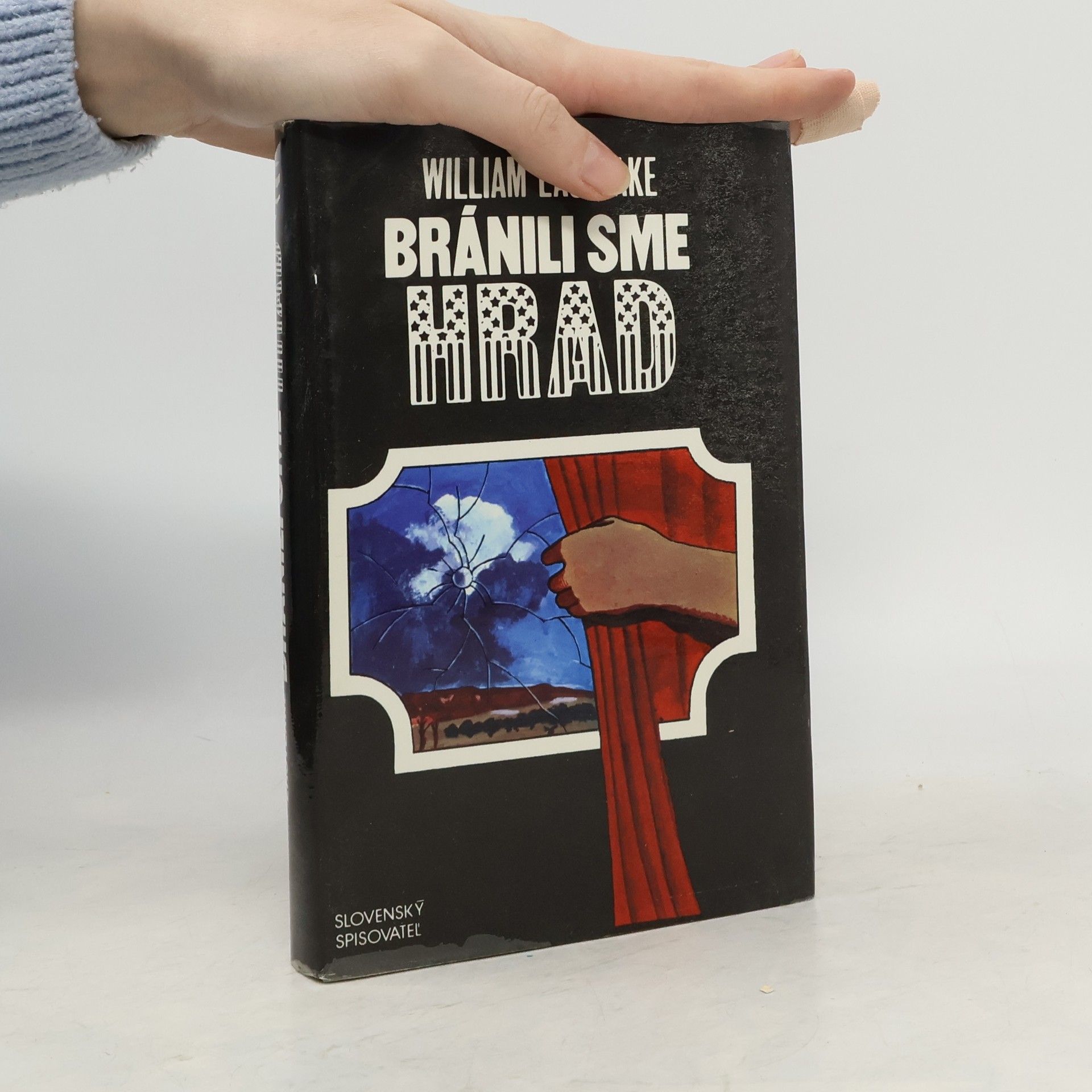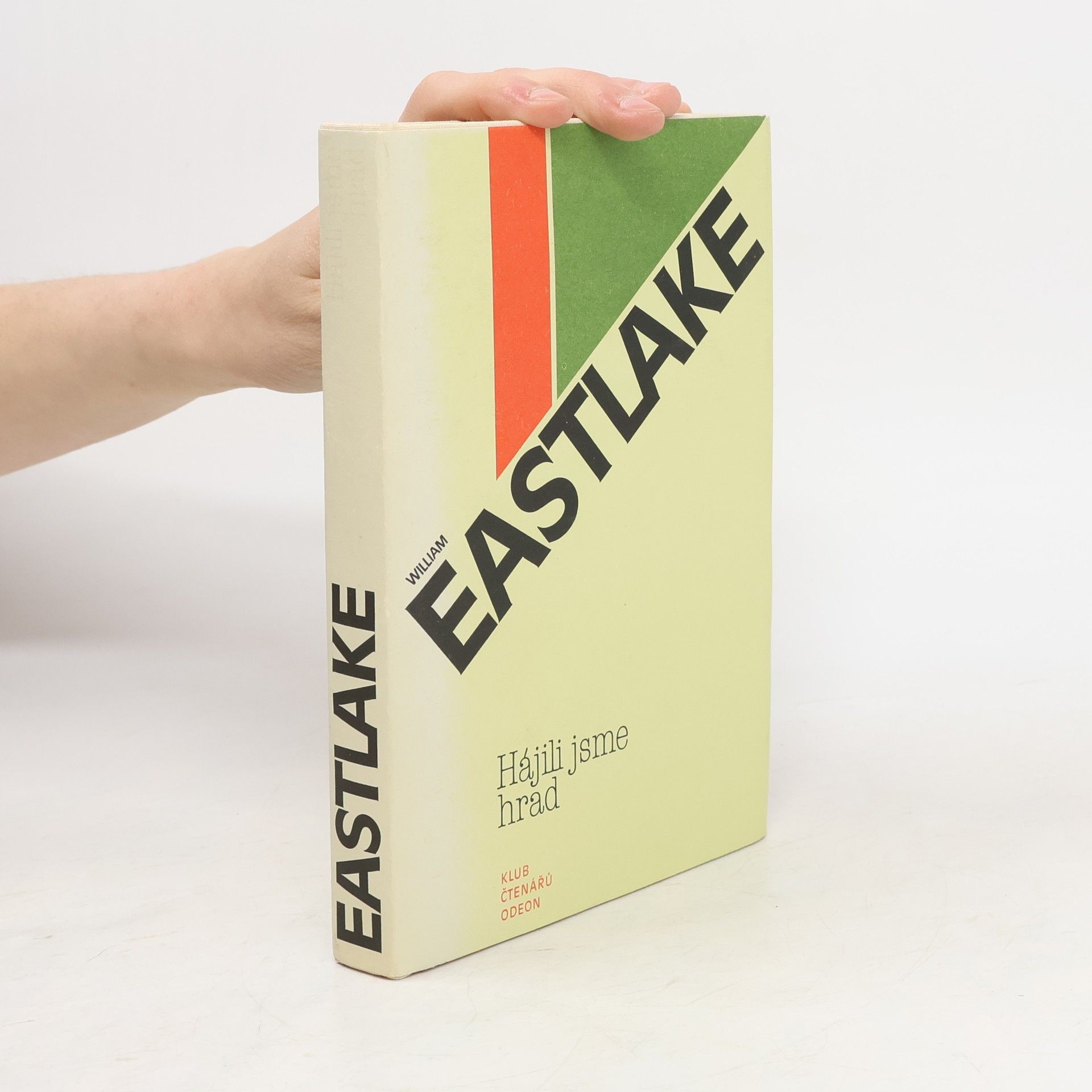Jdi v kráse
- 307 pages
- 11 hours of reading
Uprostřed krásné, ale drsné přírody, obklopeni horami, na území indiánského kmene Navahů se narodili a vyrůstali bratři Bowmanovi již jako třetí generace majitelů ranče a obchodní stanice. Mladší George se oženil s krásnou, vzdělanou, umělecky založenou dívkou z bohaté rodiny, která však na odlehlém místě nenachází očekávanou romantiku a opouští manžela s jeho starším bratrem Alexandrem, nadaným spisovatelem. Ten si postupně získá uznání kritiky i obdiv čtenářů a stane se úspěšným a zámožným člověkem. V okamžiku, kdy vyčerpá svou inspiraci v rodném kraji a ve spojení s přírodou, ztrácí jeho tvorba přitažlivost a originalitu. Po patnácti letech cestování po světě se uchýlí do mexického Mazatlánu, kde propadá depresi. Pocit viny, výčitky svědomí, žárlivost i neschopnost odpuštění znemožňují bratrům se dorozumět. Román z roku 1956 je první částí volné trilogie z prostředí navažské rezervace. Ústřední děj je výrazně ovlivněn svébytným viděním světa jejích indiánských obyvatel, vyznávajících pevné sepětí člověka se zemí.... celý text

